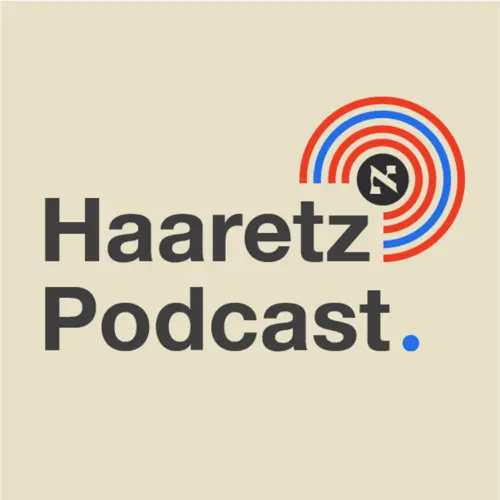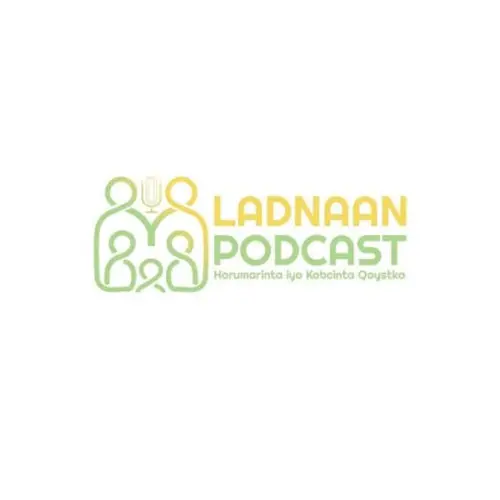
Bra podd
Sveriges mest populära poddar

From Haaretz – Israel’s oldest daily newspaper – a weekly podcast in English on Israel, the Middle East and the Jewish World, hosted by Allison Kaplan Sommer.
Avsnitt
Podden Haaretz Podcast är skapad av . Poddens innehåll och bilderna på den här webbplatsen hämtas med hjälp av poddens RSS-flöde.
00:00 -00:00




